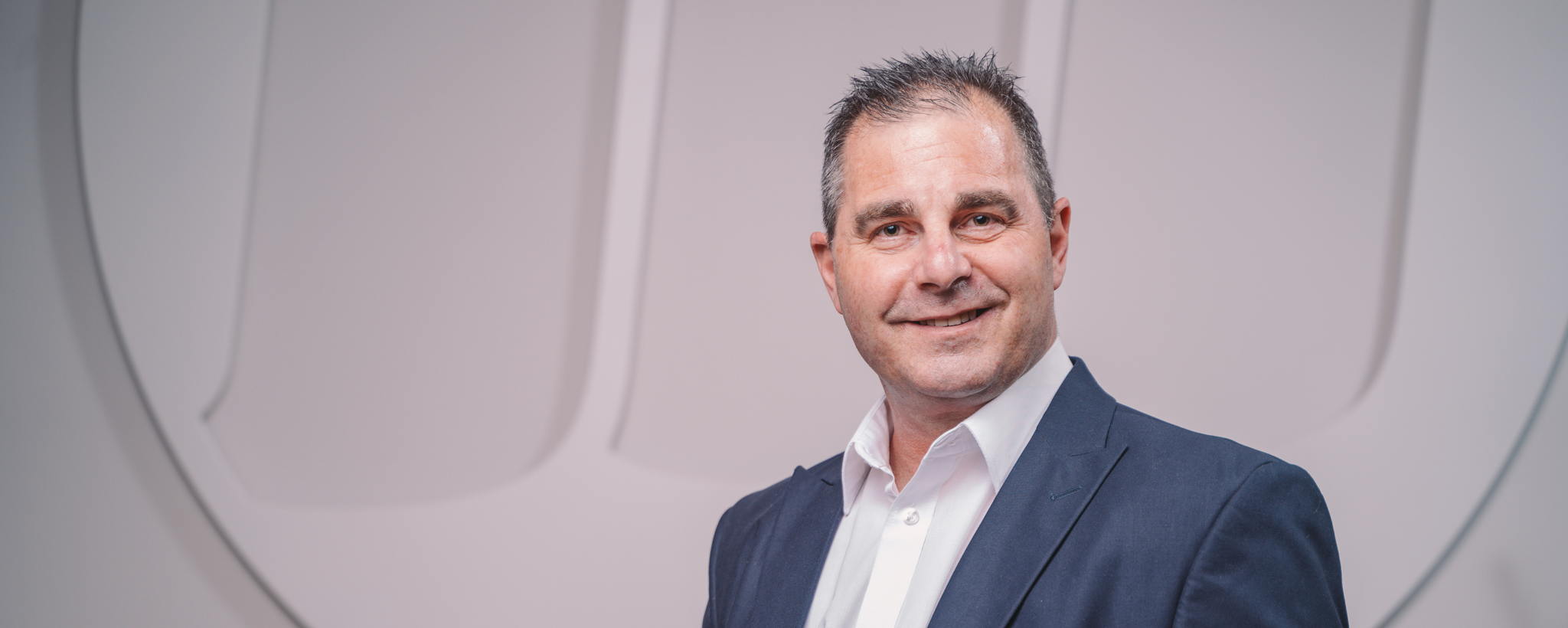Why medical schemes must lead the green shift
Kevin Aron, Principal Officer at Medshield Medical Scheme
18 June 2025

JOHANNESBURG - When you think about what drives healthcare costs, you might picture hospital stays, chronic illness, or rising treatment expenses. But what if one of the most significant emerging risks to your health – and your medical aid's sustainability – is the environment? From the air we breathe to the waste we generate, environmental conditions shape healthcare outcomes and costs. As pollution increases and climate-linked diseases become more common, environmental health is no longer a parallel concern. It is a healthcare issue and a strategic imperative.
What sparked our Environmental, Social, and Governance (ESG) focus?
Environmental sustainability enhances operational efficiency, mitigates climate risks, and strengthens brand trust. More importantly, it's becoming a stakeholder expectation. Employees, partners, and members increasingly ask how healthcare organisations contribute to a cleaner, healthier future.
At Medshield Medical Scheme, we recognise that environmental degradation – from air pollution to extreme weather – contributes directly to higher healthcare burdens. Our sustainability initiatives align with our core mandate: protecting public health. These efforts also reduce costs in the long term, making care more accessible and affordable. Medshield is embedding environmental sustainability into its operations, not as a "nice to have," but as part of a long-term strategy to protect member health and scheme viability.
Our leadership started asking the question: Why aren't we doing more? It sparked a conversation across the organisation, and what followed was a formal commitment to ESG, now embedded in our strategic roadmap. While Medshield is not subject to environmental compliance regulations (given our office-based, non-clinical footprint), we've made the proactive choice to lead responsibly.
Reducing our footprint through digitalisation
The shift to digital communication is one of our most immediate and high-impact sustainability actions. Member statements, brochures, scheme rules, and wellness content are no longer printed en masse. Instead, they are delivered through email, SMS links, QR codes, and digital platforms. WhatsApp and LinkedIn are utilised as additional channels to reach members and member groups, including those in the mining and industrial sectors, with tailored messaging and support.
This initiative supports both environmental and operational goals:
- Reduces the use of paper, plastic, and ink;
- Lowers administrative costs;
- Minimises logistics and distribution emissions;
- Enhances accessibility, especially for remote or mobile-first members.
Internally, our teams are encouraged to avoid printing and instead use digital devices for document access. Going digital is a technical upgrade and a behaviour change campaign we are rolling out across departments. Sharing knowledge about sustainability with our stakeholders is a key part of our strategy, and we are spreading awareness of how individual actions contribute to collective health through internal newsletters, broker and provider updates, and digital wellness campaigns.
Led by our Facilities and Health and Safety divisions, Medshield is currently developing an Environmental Management Plan (EMP) to formalise our approach. This plan will guide risk assessments, eco-friendly office practices, and future improvements. Initial actions include:
- Placing sustainability notices across offices;
- Implementing waste segregation bins;
- Reducing electricity and water usage;
- Identifying and mitigating environmental risks in the workplace.
While still in the early stages, the EMP reflects a long-term vision for environmental resilience. We're also exploring environmental clauses in our service provider contracts, similar to B-BBEE requirements. These would mandate eco-friendly practices and ensure alignment with Medshield's sustainability values. Over time, we aim to make environmental responsibility a shared priority across our entire value chain.
Environmental health should be a shared responsibility between medical schemes and provider networks. The ultimate goal is to reduce disease burdens, improve community health, and lower claim volumes – benefits that indirectly calculates to the sustainability of a scheme.
Measuring what matters
Actual ESG progress requires measurability. While our current initiatives are in the early stages, we are building systems to track and report impact. Our print budget is being deliberately reduced to limit physical paper use; annual reports will include basic environmental performance data, and staff incentives and awareness campaigns will drive further improvement. Even simple tracking reflects tangible progress, such as reduced toner orders, lower paper procurement, or fewer courier costs. We are moving steadily toward a culture of data-driven accountability.
Environmental sustainability is no longer an add-on for healthcare. It's a core component of value-based care. Medshield's commitment is clear: we're transforming how we operate, engage, and lead – not because we must, but because it is the right thing to do. As we continue our ESG journey, we remain guided by purpose, backed by leadership, and driven by impact. A healthier environment means healthier members and a future worth investing in.

FIN
(744 words)



